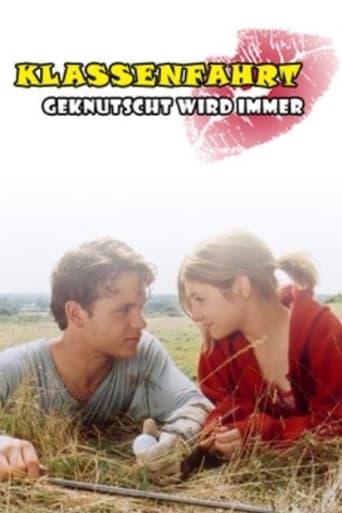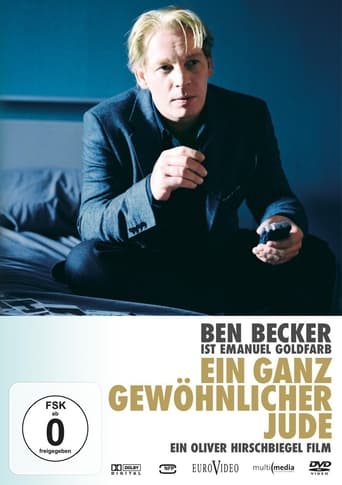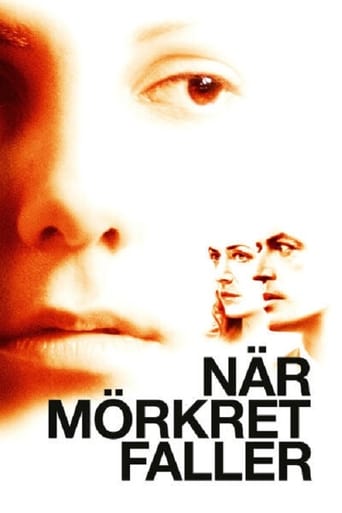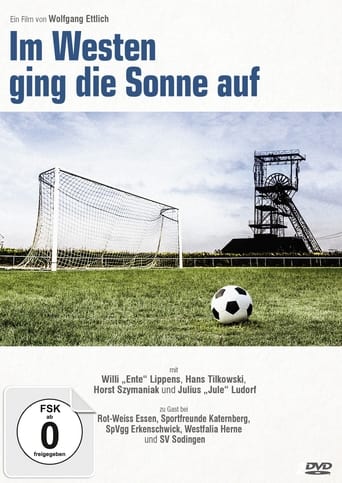The School Trip 2004
Not Rome, Paris or Florence - the 11c class trip goes to the “spectacular” Sauerland. Nessie, the class representative, is to blame for this; she chose the desolate destination. It's clear that something like this doesn't go without consequences: As soon as he arrives at the country school, the newcomer Erik reveals the secret about Nessie's "full" breasts in front of the entire team. The receipt comes promptly: Nessie gives him a bloody nose and starts a campaign of revenge with her friend Tobi...





